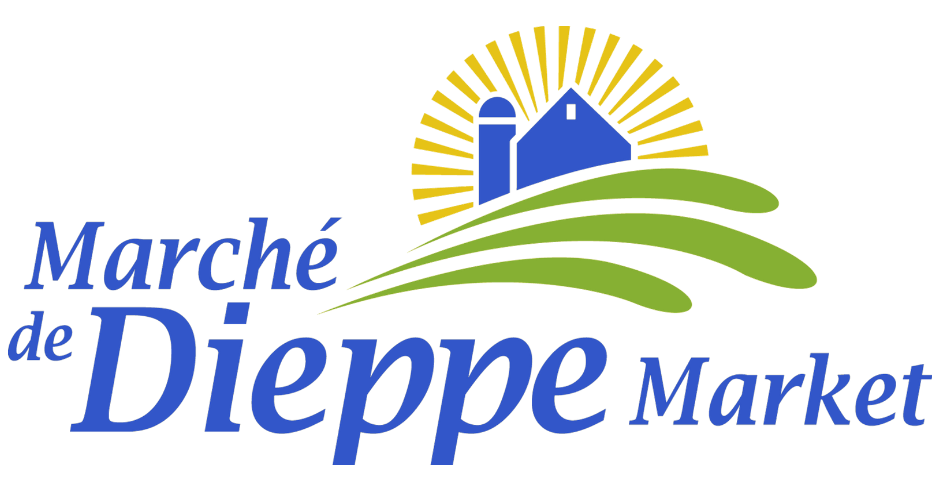What does organic really mean?
Organic certification presence keeps increasing around us and in different fields. According to the Nielsen Survey, nearly 70% of Canadian consumers have purchased an organic product at least once and more than half of consumers buy it regularly.
But what does the designation “organic” really mean? We interviewed the specialist Kent Coates, president of the Really Local Harvest and owner of Nature's Route Farm since 2007 located in Sackville to find out more!
Previously a federal engineer, Kent Coates first developed his farm on a mixed agriculture model made up of both vegetables and livestock. The farmer decided in 2014 to devote himself entirely to the production of organic vegetables and now has 17 acres of paradise (compared to 1.2 acres in 2007) which you can enjoy at the Dieppe Market!
What does the term organic mean and why did you choose to specialize in organic farming?
Organic (in agriculture) means grown without synthetic chemicals”. To obtain the organic label “all practices are scrutinized by an unbiased third party to ensure we are meeting a defined standard.”
“Getting the organic certification in 2016 was a choice mostly driven by our desire to simplify our branding to customers as it is the closest standard to our original practices and our core values.
We find no disadvantage to organic production. Sure there is a little more administration and inputs cost a lot more, but, we can produce incredible quality food in quantities comparable to conventional agriculture; yet without the unknown of adding synthetic chemicals into our food system.”
So how do you practice organic farming?
“We choose to use natural fertilizers, control weeds by mechanical cultivation and hand picking and rely on crop rotation, healthy soil and healthy plants to combat fungi and most pests.”
“A couple of crops do require controls, especially for insects” explains the farmer who “ have chosen to use two certified organic products” to protect his brocoli, cabbage and potato crops.
“Remember, we are working at displacing conventionally grown crops that are brought in from away and these crops grown the way we grow them stand out as being hugely better for our health and the environment compared to the same conventionally grown products brought in from different countries. In fact, it is crops like these that I feel provide the biggest "organic advantage.”
Why do you think it is important to consume organic and what are the main benefits for health or the environment?
According to Kent Coates organic certification provides the opportunity to the customer to know the origin but also how the product was produced.
“There are virtually no choices in the marketplace that do this. [...] Food and cooking are needed in our society and eating local organic is the best way to make positive change to our environment and our social fabric. With so many things changing in our environment and the long term effects of pesticide use in our food chain relatively unknown, [...] Organic should become a practical way to feed the world”
Products from Nature’s Route Farm are available at the Virtual Market, the Dieppe Friday Express Market and the Saturday Market.




